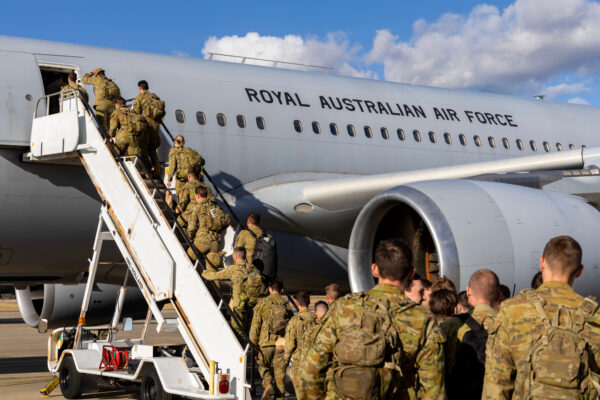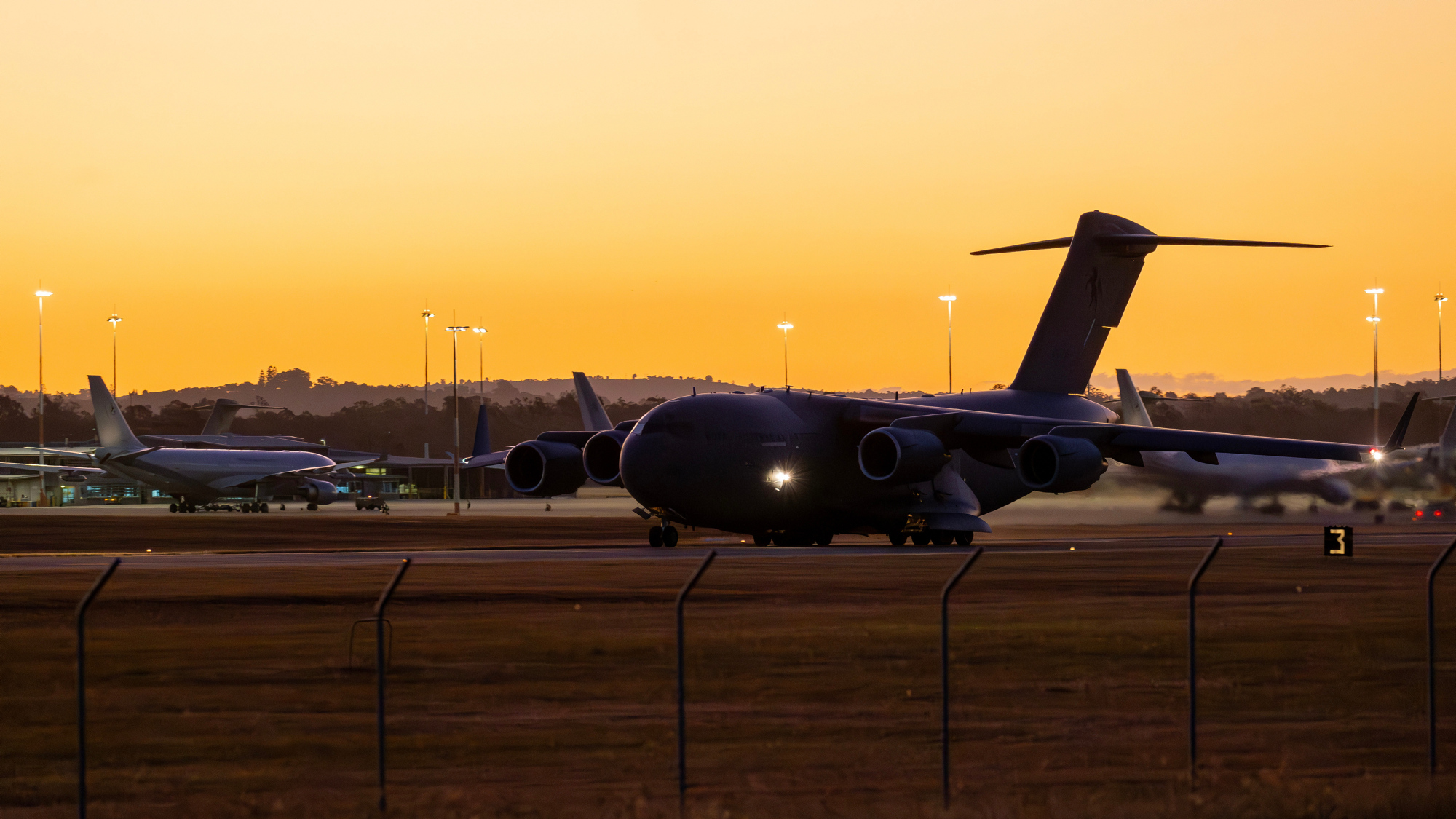Of the Esfahan, Fordow and Natanz facilities that were attacked by the US, Esfahan and Natanz had already been attacked by Israel since June 13, the International Atomic Energy Agency (IAEA) says; Fordow is buried deep inside a mountain.
The agency says its most recently verified information, done before the Israeli attacks began, were that the three sites had contained up to 400kg of highly enriched uranium.
IAEA Director-General Rafael Mariano Grossi says tunnel entrances at Esfahan were struck by US bombs but did not clarify the level of destruction.
The damage to Fordow’s uranium enrichment facility could not be assessed due to its location and the bunker-busting bombs that were used, he says.
“It is clear that Fordow was directly impacted but the degree of damage inside the uranium enrichment halls can’t be determined with certainty,” Grossi says.
He says Iranian’s regulatory authorities are reporting no increase in off-site radiation levels so far.
“As of this time, we don’t expect that there will be any health consequences for people or the environment outside the targeted sites,” he says.
“We will continue to monitor and assess the situation in Iran and provide further updates as additional information becomes available.”
SUPPORT FLIES OUT, TEHRAN EMBASSY EVACUATED
- The Australian Defence Force has sent two aircraft and army and air force personnel to the region in case evacuations are needed.
- A C17 Globemaster configured to carry passengers and a tanker-transport were sent to provide support.
- Australia’s embassy in Tehran has closed with staff and their family evacuated, Foreign Affairs Minister Penny Wong says.
- Ambassador Ian McConville will remain in the region to support Canberra’s response.
- The Department of Foreign Affairs and Trade (DFAT) is sending consular staff to Azerbaijan, including its southern border with Iran, to help Australians leaving Iran.
- DFAT will continue to run a 24-hour consular emergency centre that citizens can call on +61 2 6261 3305 (outside Australia) and 1300 555 135 (in Australia).
- Qantas says flights to Tel Aviv are suspended due to the closure of Ben Gurion Airport (TLV) while its flights to Iran and Iraq are suspended until Monday, June 30.

CALL FOR CEASEFIRE
Grossi says a ceasefire is of paramount importance as it will allow his agency to resume verification of Iran’s nuclear activities, which includes a stockpile of more than 400 kg of highly enriched uranium, last verified a few days before Israeli strikes began.
“We need to try to go back to the negotiating table as soon as possible. We have to allow the IAEA inspectors to return. We have been talking to Iran, we have been talking to the US,” he says.
Grossi is calling an emergency meeting of the IAEA board to discuss the attacks and stresses the importance of keeping the lines of communication open with Iran.
UN BOSS REACTS
United Nations Secretary-General Antonio Guterres says the attacks have alarmed him and warns that there may be repercussions.
“I am gravely alarmed by the use of force by the US against Iran. This is a dangerous escalation in a region already on the edge and a direct threat to international peace and security,” he adds.
“There is a growing risk that this conflict could rapidly get out of control with catastrophic consequences for civilians, the region, and the world.”
ESFAHAN DAMAGE
The agency reports that at Esfahan, Israeli strikes from June 13 damaged four buildings: a central chemical laboratory, a uranium conversion facility, a reactor fuel manufacturing plant, an enriched uranium metal processing facility under construction (and a centrifuge manufacturing workshop).
No increase in off-site radiation levels was reported.
American bombers attacked six other buildings at the facility: a non-operational natural and depleted uranium metal production facility, a fuel rod production facility, a building with low-enriched uranium pellet production as well as a laboratory and nuclear material storage, another laboratory building, a workshop handling contaminated equipment and offices.
The facilities targeted either contained no nuclear material or small quantities of natural or low enriched uranium, the agency reports.
Grossi told the UN Security Council on Friday that “attacks on nuclear sites in Iran have caused a sharp degradation in nuclear safety and security” in the country.
“Though they have not so far led to a radiological release affecting the public, there is a danger this could occur.”






